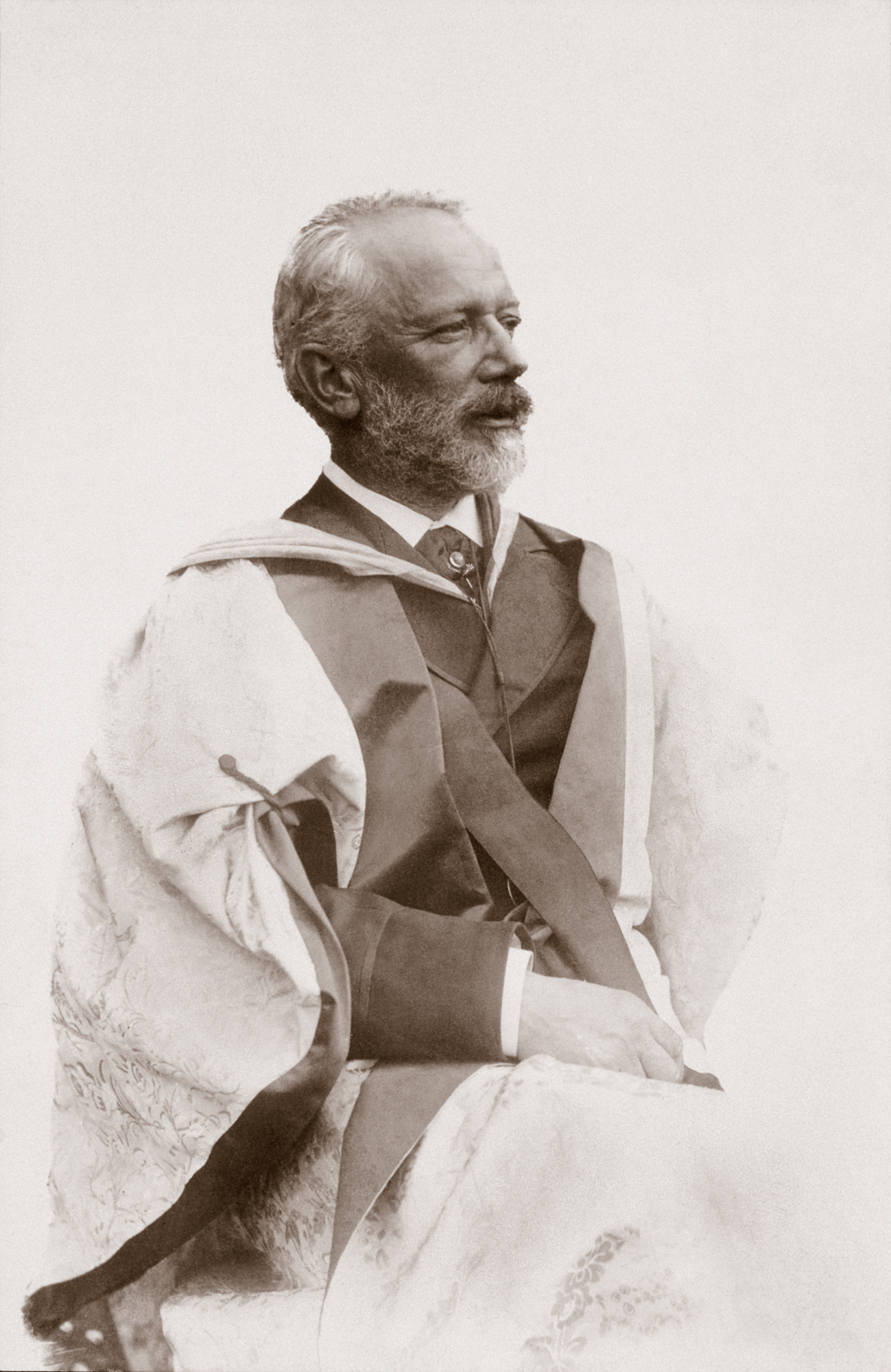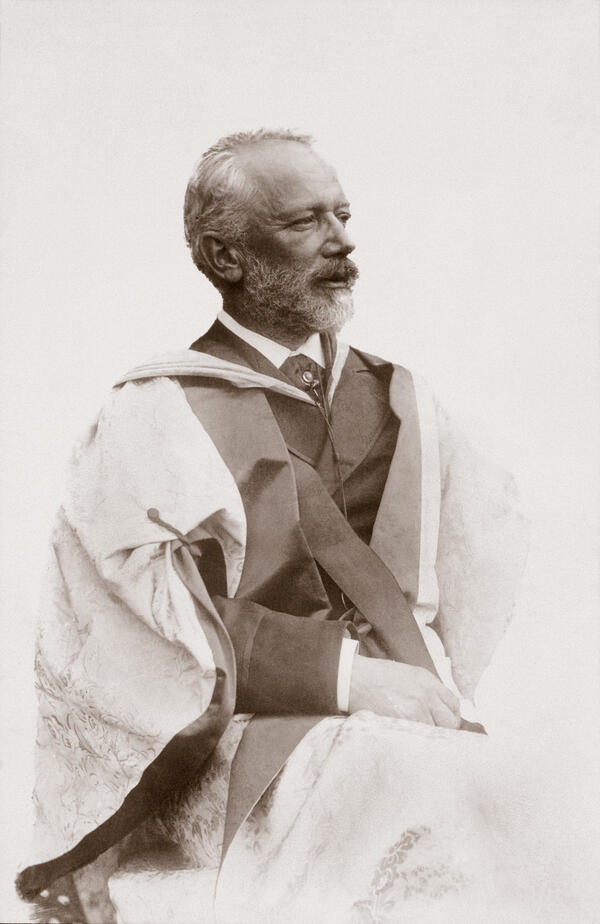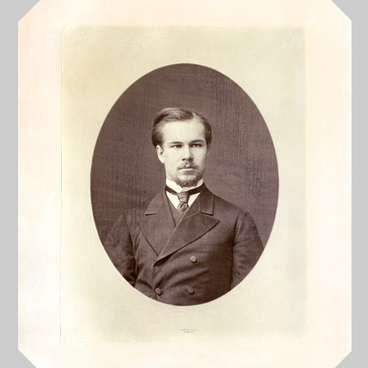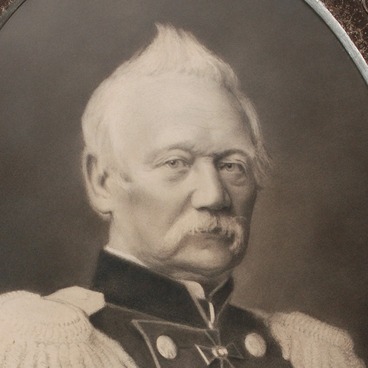At the end of May 1893, Pyotr Tchaikovsky, as a representative of the Russian Empire, was invited to Cambridge to be awarded the Doctor of Music, honoris cAusa, from the University of Cambridge. He was not staying at a hotel, but rather at the house of the famous professor Frederic William Maitland who had invited the composer for the ceremony. Tchaikovsky felt apprehensive at first, but the hospitable reception of the doctor and his wife soon made the composer feel at ease.
Cambridge, a small university town with medieval architecture, old customs, and manners, made a positive impression on Tchaikovsky. On May 31 (Julian calendar), the composer attended a concert on the stage of Cambridge City Council, or the Guildhall. They performed his symphonic poem, Francesca da Rimini, as well as works of other composers who were to receive the honorary degree of the Doctor of Music. In 1881, that included Camille Saint-Saëns from France, Charles Villiers Stanford from Ireland, Max Bruch from Germany, Arrigo Boito from Italy, and Edvard Grieg from Norway, who turned out a no-show. The concert was followed by a festive meal and a reception.
The doctoral degree conferment ceremony, a festive breakfast, and a closing reception with the chancellor’s spouse were held the following day, on June 1. Tchaikovsky returned to London the same day. The composer detailed the events of both days in letters to his friend, composer and conductor Eduard Nápravník. He specifically wrote about his inspiration and new creative ideas and was excited about a tour of Great Britain, which was supposed to take place in 1894, at the invitation of the Royal Musical Association. Unfortunately, the tour never happened due to Tchaikovsky’s sudden death in Saint Petersburg, in the fall of 1893.
Ahead of the doctoral degree conferment ceremony, all the invitees put on velvet berets and silk robes (the one Tchaikovsky is wearing in the photograph). After the ceremony, the gown was to be purchased or returned to the university. Tchaikovsky preferred the second option, so the robe has been stored in Cambridge for over a century.
Cambridge, a small university town with medieval architecture, old customs, and manners, made a positive impression on Tchaikovsky. On May 31 (Julian calendar), the composer attended a concert on the stage of Cambridge City Council, or the Guildhall. They performed his symphonic poem, Francesca da Rimini, as well as works of other composers who were to receive the honorary degree of the Doctor of Music. In 1881, that included Camille Saint-Saëns from France, Charles Villiers Stanford from Ireland, Max Bruch from Germany, Arrigo Boito from Italy, and Edvard Grieg from Norway, who turned out a no-show. The concert was followed by a festive meal and a reception.
The doctoral degree conferment ceremony, a festive breakfast, and a closing reception with the chancellor’s spouse were held the following day, on June 1. Tchaikovsky returned to London the same day. The composer detailed the events of both days in letters to his friend, composer and conductor Eduard Nápravník. He specifically wrote about his inspiration and new creative ideas and was excited about a tour of Great Britain, which was supposed to take place in 1894, at the invitation of the Royal Musical Association. Unfortunately, the tour never happened due to Tchaikovsky’s sudden death in Saint Petersburg, in the fall of 1893.
Ahead of the doctoral degree conferment ceremony, all the invitees put on velvet berets and silk robes (the one Tchaikovsky is wearing in the photograph). After the ceremony, the gown was to be purchased or returned to the university. Tchaikovsky preferred the second option, so the robe has been stored in Cambridge for over a century.



